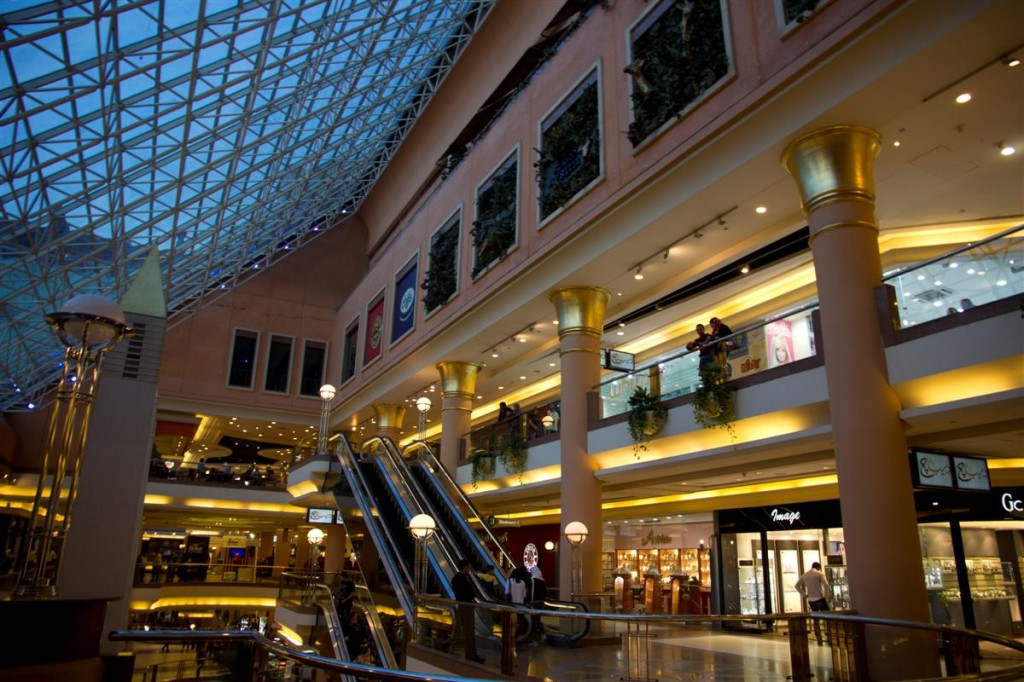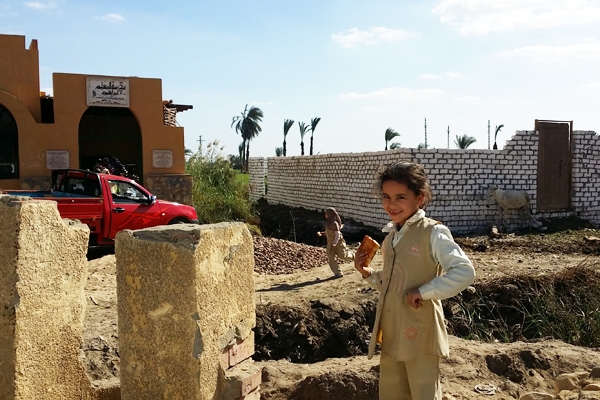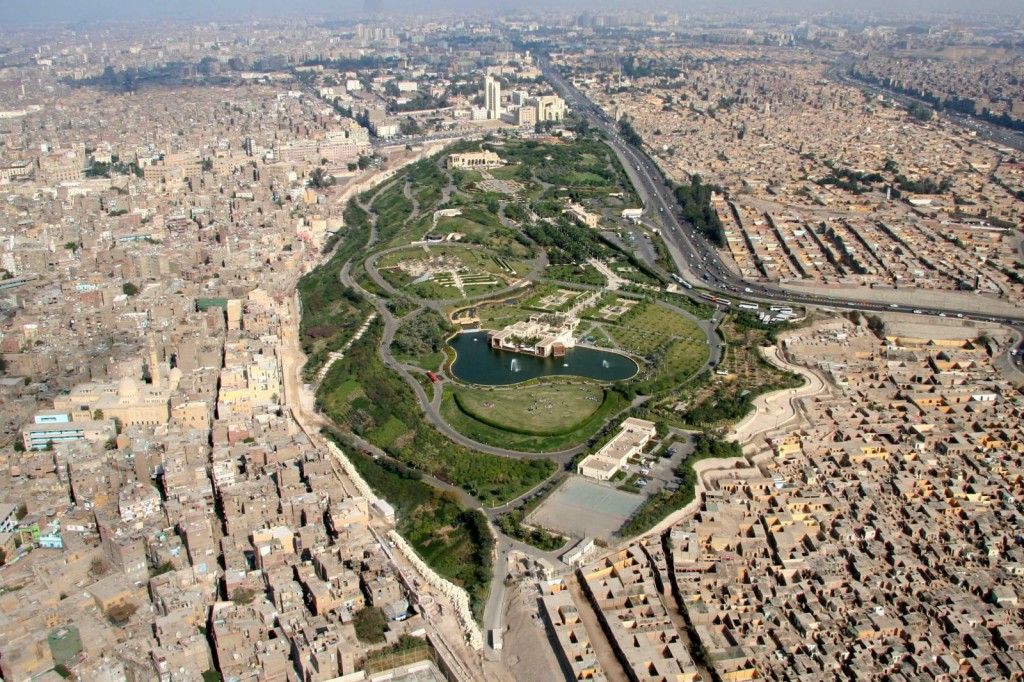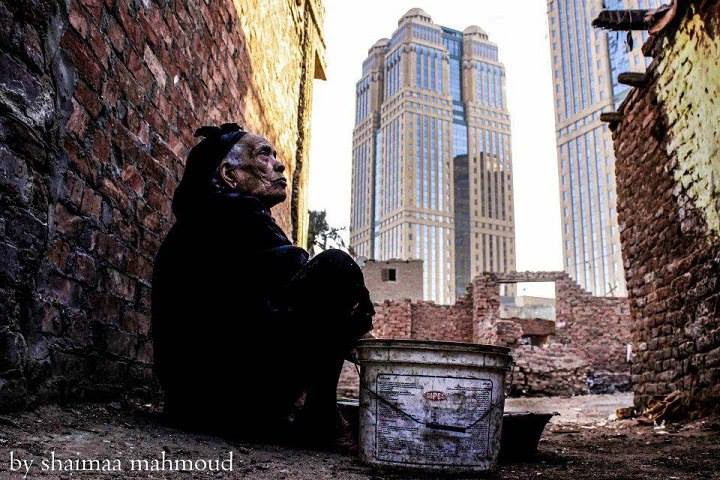Calls for Social Justice and talks about wages have been hyping in Egypt, but why does inequality matter at all economically?
Many people in the Egyptian political arena call for the termination of strikes until Egypt overcomes the heated transitional period. Their argument lies upon the idea that stability in itself would guarantee an increase in wages and consequently the attainment of a rather narrow-view of economic justice.
The policy prescription goes on with the recommendation of austerity measures in order to reduce the budget deficit and make resources available for investment. The notion of austerity here usually means cutting down wages and expenditure on public goods such as education and health, which more often than not generate positive externalities and are vital for economic progress. Cutting down wages, from an economic point of view, is detrimental during a recession as it reduces aggregate demand for goods and services and thus prolongs the span of recession.
This school of thought believes that the aptitude of rich business men to make massive investments would naturally mean that the fruits of growth generated reach the majority of the society in a mechanism called “the trickle down effect”. Nevertheless, the experience of Egypt in this regard turned out to be of complete failure during Mubarak’s era.
Indeed, Egypt was recording high levels of growth but this was never reflected in the standards of living of the vast majority of Egyptians. High poverty rates, degrading education and health care systems, failed and bloated public administration and ailing infrastructure are all features of the Egyptian economy. Only a small part of the society enjoyed the fruits of this growth and hence the question of inequality and injustice seems to be of significant importance.

Why does inequality matter at all? It matters because we as human beings naturally care about how others live. Injustice in a society leads to societal diseases and envy and damages communal bonding and sense of unity.
One can clearly observe the social unrest as a repercussion of social injustice in the case of Egypt. On the economic side, low standards of living is a lost potential and harms economic growth and development. The exclusion of the development process makes it rather difficult to industrialize because of lack of trained human resources and makes it difficult for the majority to engage in the formal economy and take part in productive and financially rewarding employment.
On the political side, democracy cannot function in a severely unjust society for several reasons. The economically privileged usually have a sufficient power to manipulate the political process for their own sake. The poor are typically underrepresented in such a society, which makes it rather complex for them to mount pressure for more radical reforms.
Furthermore, as has been observed in Egypt, the economic elite exploits the needy in elections by giving them food or money to vote for them. Therefore, I believe high levels of inequality in Egypt cannot be sustained if Egypt is to move forward as a promising model for economic modernization and democratic reforms.
Achieving social justice
There is no general consensus about what social justice signifies. Yet, social justice is a much broader concept than just an increase in wages or better infrastructure in poor slums. Social justice entails a vast improvement in economic outcomes but more importantly the equality of opportunity, that is the ability of every member of the society to receive decent education, health care and rewarding employment regardless of their family financial status or education or background in general.

More importantly, following Amartya Sen’s view of development, social justice requires the state to give people the freedom to lead the life they would like to pursue. As an example, a rich man/woman who lives in a society where endemic diseases are common and health care system is not functioning well cannot be perceived as a free man. Illness and lack of health care constrains him/her from leading the life they would want to pursue. A child who comes from a poor family usually drops out to work with the family in order to increase their income, here again is a constraint on that child’s freedom to choose among many alternatives and pick what is best for him.
In the case of Egypt, the continuation of economic injustice is a serious threat to economic progress. As mentioned earlier, the persistence of this phenomenon has negative repercussions on social coherence, the political process and economic development. What is it then that the Egyptian government can do at least in the short run to close the gap and paves the way for more radical reforms in the future?
Food subsidies in Egypt requires substantial reform because many people who receive the benefit do not necessarily deserve it. 78 percent of Egypt’s food subsidies is leaked and wasted through the black market, feeding animals and purchasing the subsidized food by the rich.
The tax structure in Egypt is also distorted and favours the rich. A new tax structure has to be implemented through dialogue and consultations among stakeholders. In other words, if some argue that investment and capital would fly if taxes increase one has to incentevize investors in ways, such as public administration reforms or right to use land for a specific period of time for free, that do not compromise the right of the rest of the society. Tax on capital gains and property are also worth serious consideration. Moreover, energy subsidies especially for industries that make profits above acceptable margins have to be revised. The latter ideas are just a few among many that can make some change in the lives of the poor in the short run.

The long run
In the long run, however, the picture is more complicated. Egypt is in desperate need to address some of its structural problems that lead to economic stagnation. The institutional and political establishment in Egypt is controlled by the economically privileged and the political outcomes only serve this class and excludes major parts of the society. One can say it is a two way street, the political outcomes serve the rich but the rich also have the stronger say in the political process. The opening up of the politics from the municipal level upwards can serve as an important tool to achieve better economic outcomes and social justice.
Another major issue that has to be addressed in the long-run is the source of revenue and the whole structure of the economy that can be labeled as a rentier-state. Egypt has to establish a new industrial policy that focuses first on productive small and medium enterprises, which represent more than 60 percent of Egypt’s employment, as well as a special focus on high end products industries where knowledge and technology can be accumulated and not rely on unstable sources of revenue such as Suez Canal and remittances.
Now it has been nearly four years since the revolution, which means that children born on the 25th of January 2011 are on the verge of entering school. This means we have a new generation in the making that is probably poorer and has less access to public services so the inclusive development process has to start as soon as possible.







Comments (7)
You can split it anyway you like the cold hard truth is Egypt has about $2500 nomianl GDP/capita that is only 1/4th of the worldwide average. And that’s a world that includes countries such as India, Ethiopia, indonesia, Somalia, ect. which are poor countries themselves and bring the average down.
In fact the worldwide average is only 1/5th that of rich countries like the United States, the Netherlands, and Sweden. That means Egypt has a living standard of 1/4th of 1/5th of that of rich countries. Egypt needs a lot of growth in order to substaitially improve its citizens living standards and that will likely be felt many decades in the future since an economy can only grow so fast at a time.
Meanwhile the Egyptian goverment may want to incorporate and improve the Gross National Happiness index such as Bhutan is doing since well being isn’t necessary all about money although it is a vital part.
What’s your point? I don’t disagree with you regarding your prognosis for the Egyptian economy but it does have a caveat and that is that Economic growth in and of itself will not assure higher standards of living for Egyptians, even if it is necessary factor
To go back to the USA, the US economy is twice as big as it had been in 1980 and yet family income and salaries in the USA have stagnated or are contracting.
Sustainable economic growth is a necessity in Egypt if it is to improve its citizens’ standard of living, and like I said it would take decades to improve it up to a level of developed economies given how poor the country is. Pundits always think that with a few policy changes and fixes here and there, the country can suddenly become like Western Europe, the US, or Japan in a matter of few years. Um no, Maybe Bulgaria or Brazil.
People always blame the neoliberal economics in the 90s and especially the 2000s which they say didn’t improve the economy and didn’t improve standards of living and caused inflation. Yeah, but what they don’t realize is that Egypt almost had a default on its debt in the late 80s and came close to a currency crises. Other than that this period failed to produce any significant economic growth over population increases thus failing to increase standards of living. This is why the governmet started to liberalize the economy in the 1990s. in the late 2000s before the revolution the economy of Egypt was growing at 7% pre-financial crises and 5%-6% post financial crises. If Egypt was able to sustain those growth rates say for 30 – 40 years then it would have made a difference. If you are a 400lb (180 Kg) obese person and start a diet, you shouldn’t expect to be able to run a marathon or look good in a bathing suit after just one month.
As for your comment about the US, the data doesn’t necessarily support what you’re saying or it really depends on how you look at the data. I think we should refer to the US census for household income on this, it goes back to 1967. The bottom 20% of the population has seen their incomes improve marginally since that time and it has always hovered at around $20,000. This is actually expected in a developed economy since people aren’t moving out of extreme poverty anymore, wages are more sticky in low skilled jobs, and the bottom 20% of housholds include almost zero income households such as people on welfare. Government benefits are also not included in the calculation if I am correct. The incomes around the middle of the range have improved as well. The further you go to the top of the distribution the further the improvement becomes. For example In 1967, a household at the bottom of the top 20% was making an inflation adjusted $70,000. In 1980 that number went up to $80,000 and by 2011 that number is around $100,000. Again this is expected in a developed market economy as the supply – demand relationship is more favourable to the incomes of doctors, programmers, managers,and engineers than it is for lower skilled labour.
So to sum it up, people at the bottom of the range have seen their incomes slightly improve and people at the top have seen it highly improve. This is not in line with your statement that “family income has stagnated or contracted since 1980” since everyone in the distribution is better off. If you were to say since the year 2000 however you would be correct since that was the high of household income in the US in real- terms.
The notion of “trickle down” didn’t and doesn’t work in the USA so why should Egypt, a country in which the aggregate economic conditions for the average person are incomparably and dramatically lower, imitate such failed and degenerate policies?
There is often the mistaken assumption that a growing economic will, by default, lead to superior living standards for all. That is what foreign economic advisers who are partisans of such policies will tell presidents like Mubarak. Yes, a larger Gross Domestic Product and Gross National Product are a factor and are necessary, but only if accompanied by other sorts of policies which reduce the income equality and assist the lower and middle class person in arriving at a certain standard-of-living and a certain economic security.
In Egypt’s case, assistance is needed to the lower classes to develop their very natural entrepreneurial inclinations.
No not really the United States has higher inequality than Egypt, Nepal, or Bangladesh according to the GINI coefficiant yet the average living standards in the US are much higher than in those more equal countries.
…and yet, by any reasonable measure, the gaps in the standard-of-living, as grotesque as they might be in the USA, are vastly more dramatic in Egypt.